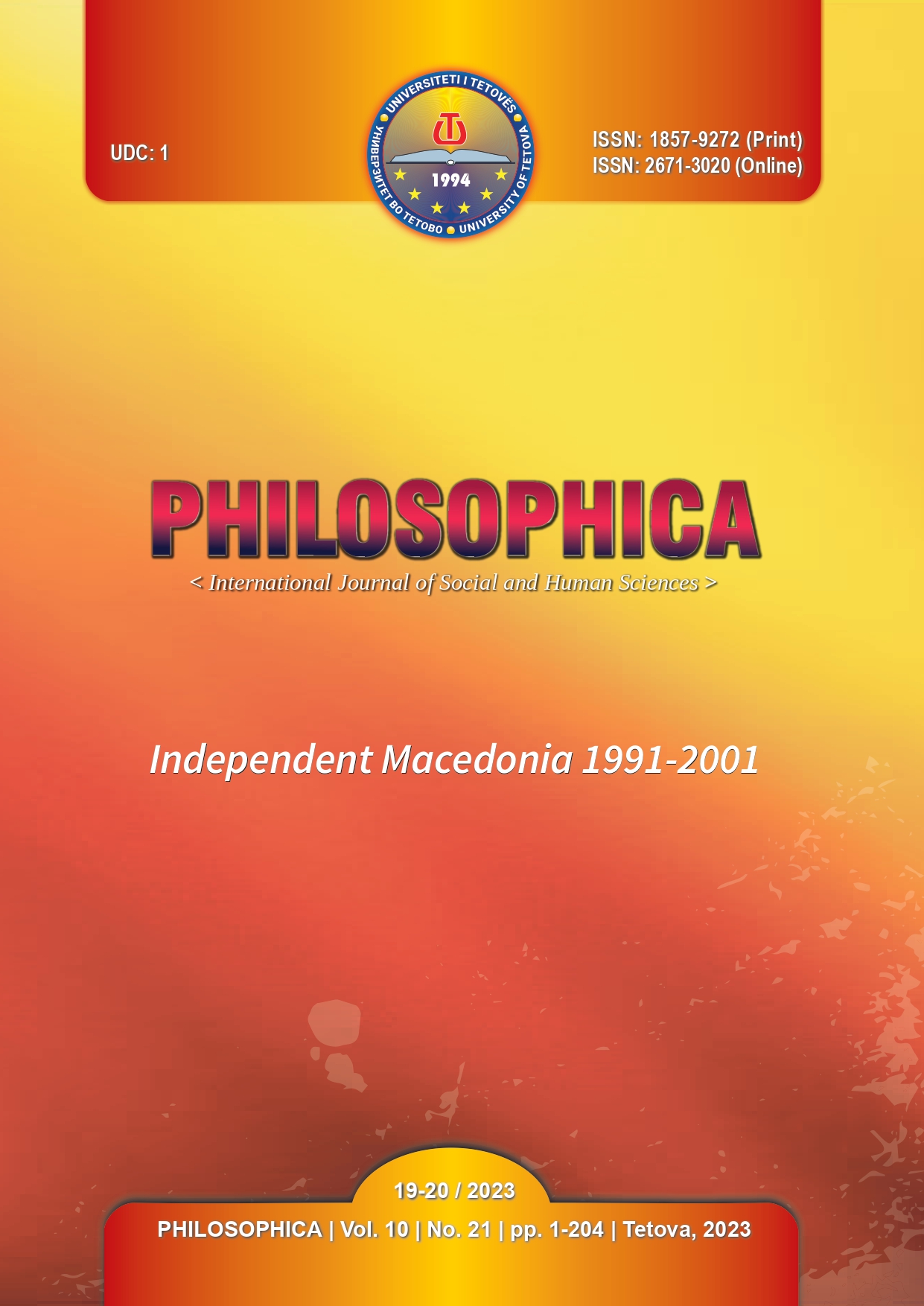FISCAL DECENTRALIZATION IN MACEDONIA AFTER THE TERRITORIAL DIVISION OF 1996: A CASE STUDY MUNICIPALITY OF TETOVO
FISCAL DECENTRALIZATION IN MACEDONIA AFTER THE TERRITORIAL DIVISION OF 1996: A CASE STUDY MUNICIPALITY OF TETOVO
Author(s): Besnik FetaiSubject(s): Philosophy
Published by: University of Tetova
Keywords: fiscal decentralization; optimality; local self-government; VAT revenue
Summary/Abstract: The achievement of local fiscal optimality in the municipality of Tetovo remains one of the most important challenges in fiscal and institutional management of local government. Harmonizing financial revenues and expenses in Tetovo municipality, as well as in other municipalities of the Republic of Macedonia, remains a significant challenge in local governance processes. This is due to the fact that the Republic of Macedonia is a state in transition with a fairly low level of economic development and a high degree of financial centralization, making sustainable local development difficult. Many municipalities struggle to meet even the basic needs of their citizens due to numerous financial constraints in fulfilling requirements for capital investments, education, culture, sports, etc. The significant disparity between local revenues and expenditures hinders the achievement of fiscal optimality, where financial revenues would cover local expenditures. Through our empirical work, we have arrived at the conclusion and confirmed the basic hypothesis that:Are VAT revenues at the optimal level? According to this model, we can conclude that the income from VAT, which is currently at 4%, is relatively low. To achieve an optimal income level to cover real local expenses, it is necessary to increase the VAT rate from 4% to 11.45% of the total income.
Journal: PHILOSOPHICA International Journal of Social and Human Sciences
- Issue Year: 10/2023
- Issue No: 21
- Page Range: 28-52
- Page Count: 25
- Language: Albanian, English

